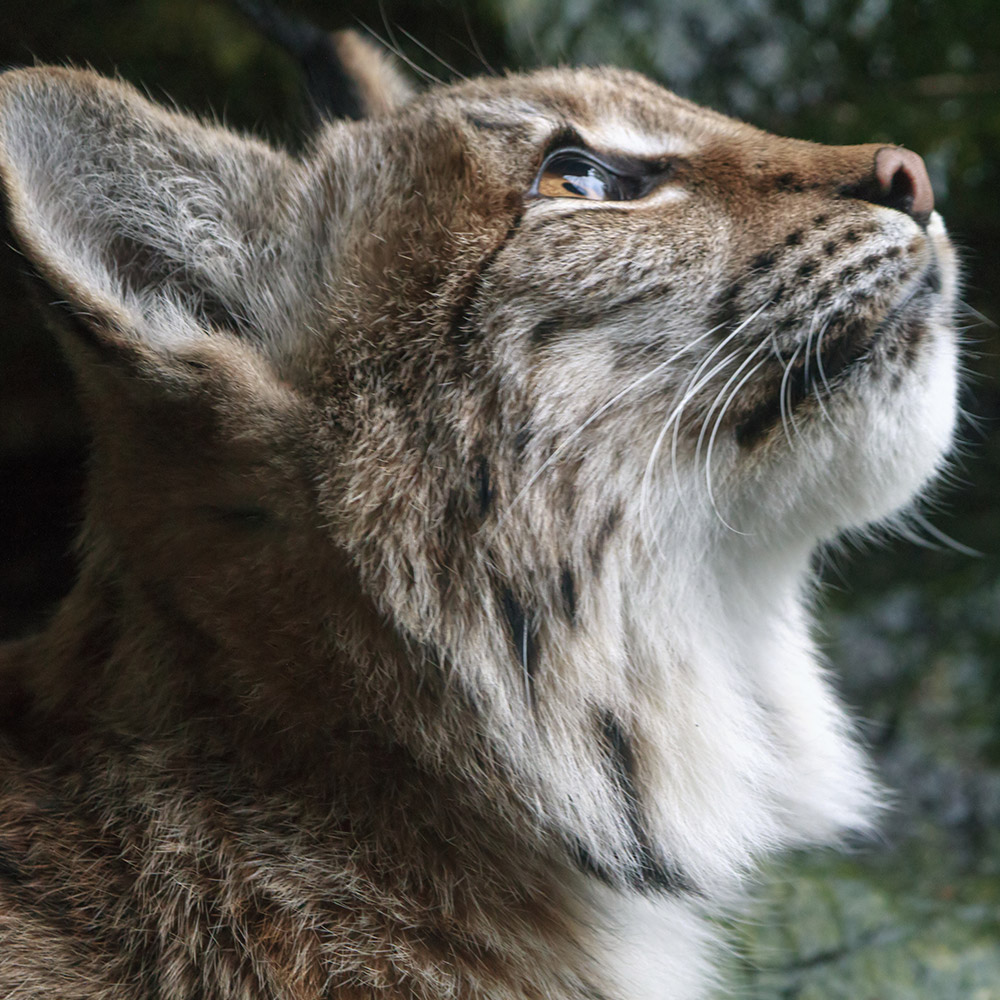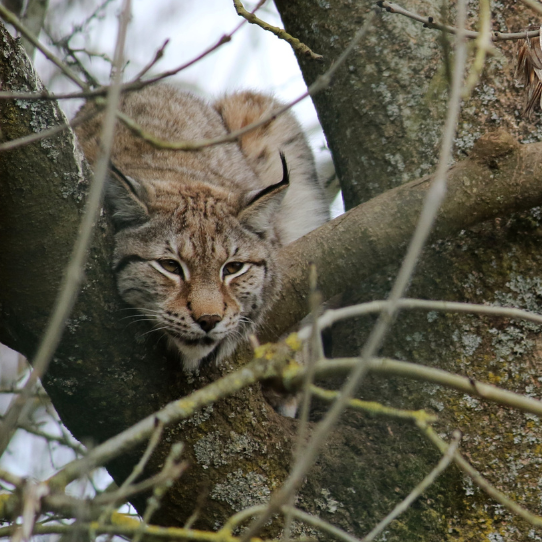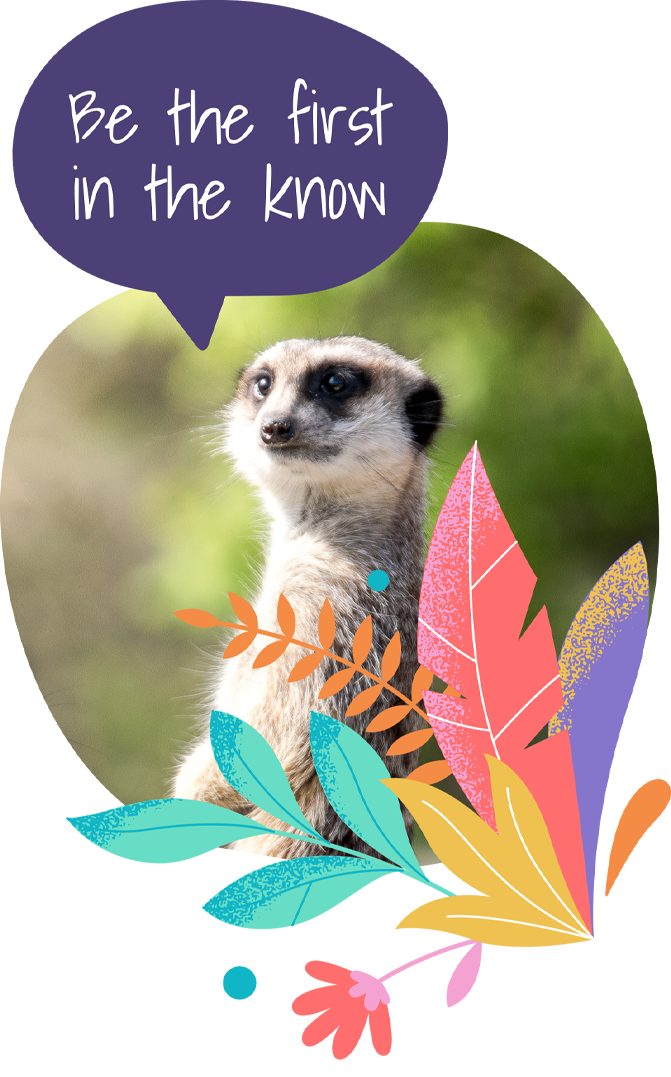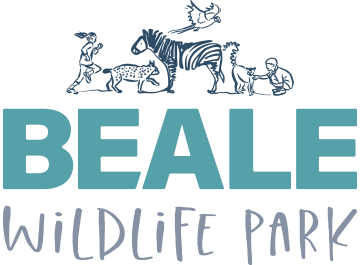Finn is a Eurasian Lynx (Lynx lynx), a subspecies of the European lynx coming from the Carpathian basin (Romania Slovakia and Hungry).
This lynx was once common throughout Europe, but is now extinct in some areas. There have been some attempts to reintroduce the species to some areas, which have proved successful.
The Carpathian mountain range is a popular eco-tourist destination that requires careful management to prevent over-development. Lack of financial resources to enforce existing legislation leads to illegal logging, something which must be monitored to maintain a secure future for the Carpathian lynx.
Their large paws are also furry and hit the ground with a spreading toe motion that makes them function as natural snowshoes.

Diet
They are carnivorous and prey on deer, wild goats, and sheep. They hunt at night, and are not often spotted by humans for this reason.

Habitat
The lynx haunts include the remote northern forests of Europe and Asia where their thick fur keeps them warm during the freezing winters.
Fun Fact
All lynx are skilled hunters that make use of great hearing (the tufts on their ears are a hearing aid) and eyesight so strong that a lynx can spot a mouse 250 feet away.
Population & Lifespan
Male lynx are normally usually solitary animals, although a small family group of lynx may travel and hunt together. Estimates suggest there are 2,800 in the wild with a lifespan of 7 years.
Subscribe to our newsletter
Stay up to date with all that is happening at the park and receive exclusive offers and news.
You can unsubscribe at any time by clicking the link in the footer of our emails. For information about our privacy practices, please visit our website.
We use Mailchimp as our marketing platform. By clicking below to subscribe, you acknowledge that your information will be transferred to Mailchimp for processing. Learn more about Mailchimp's privacy practices


